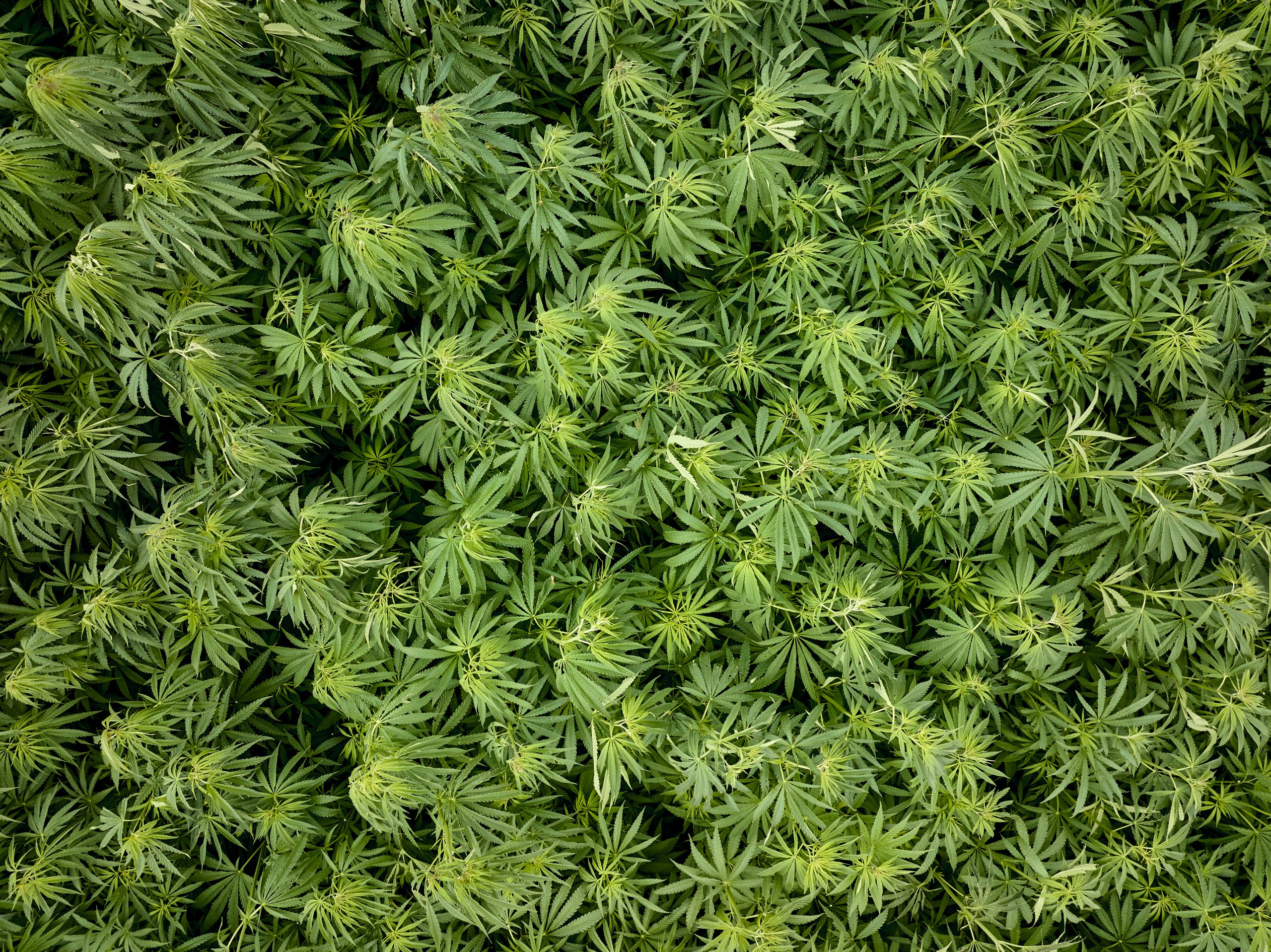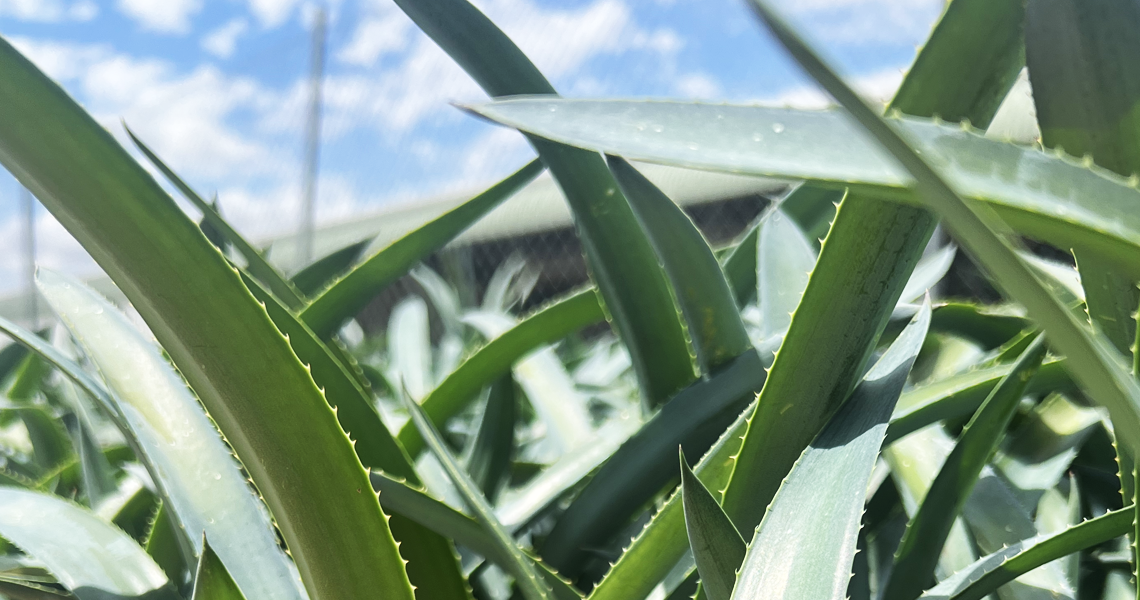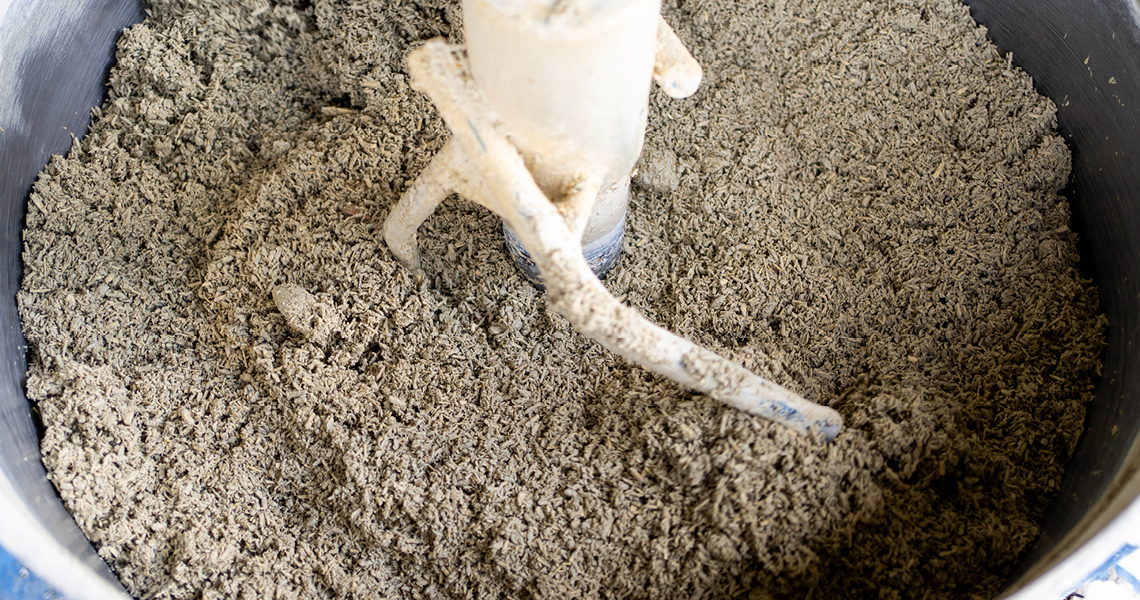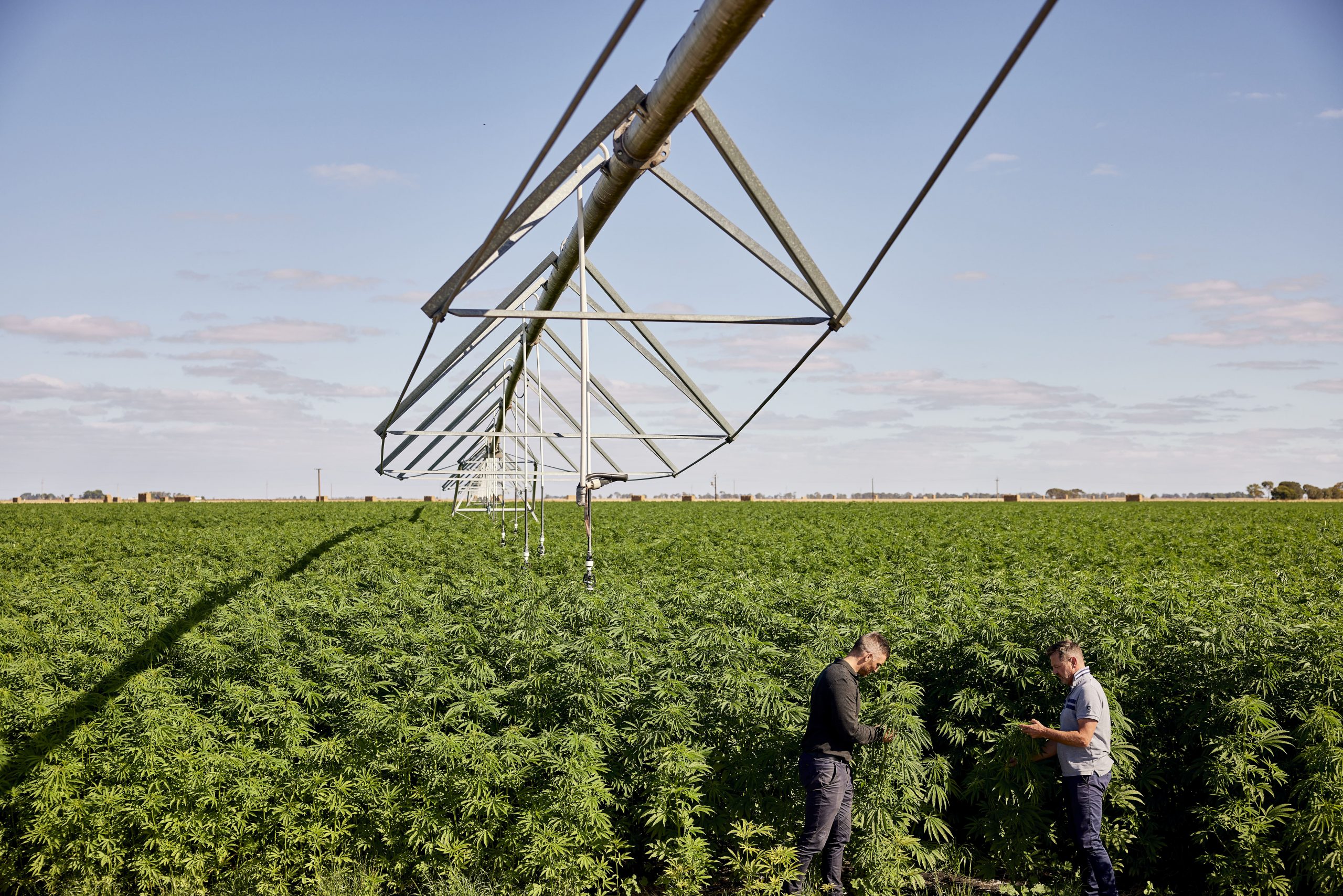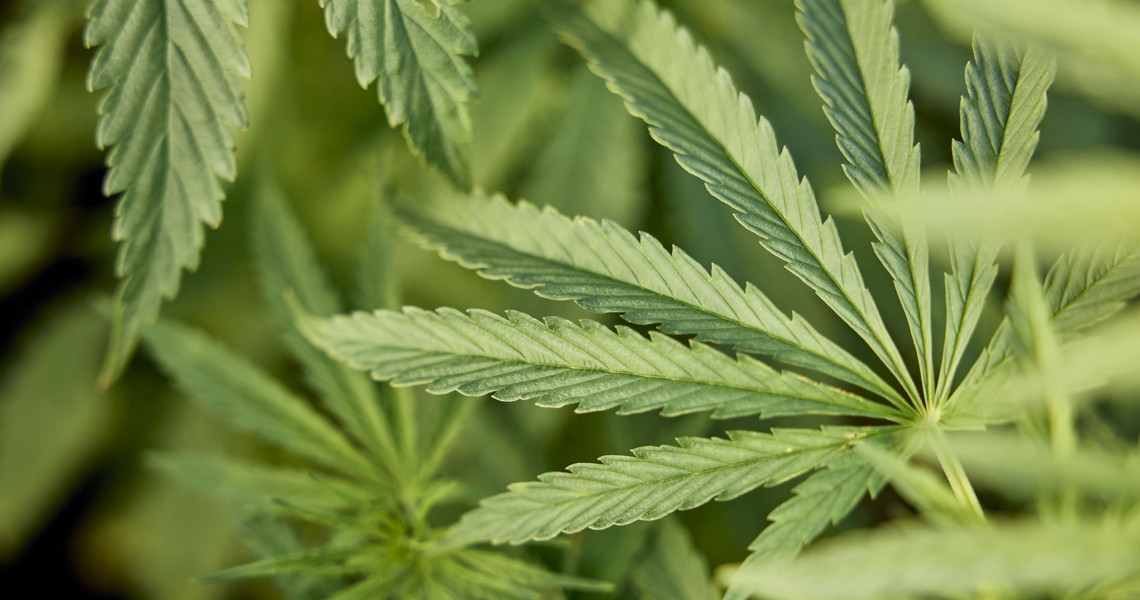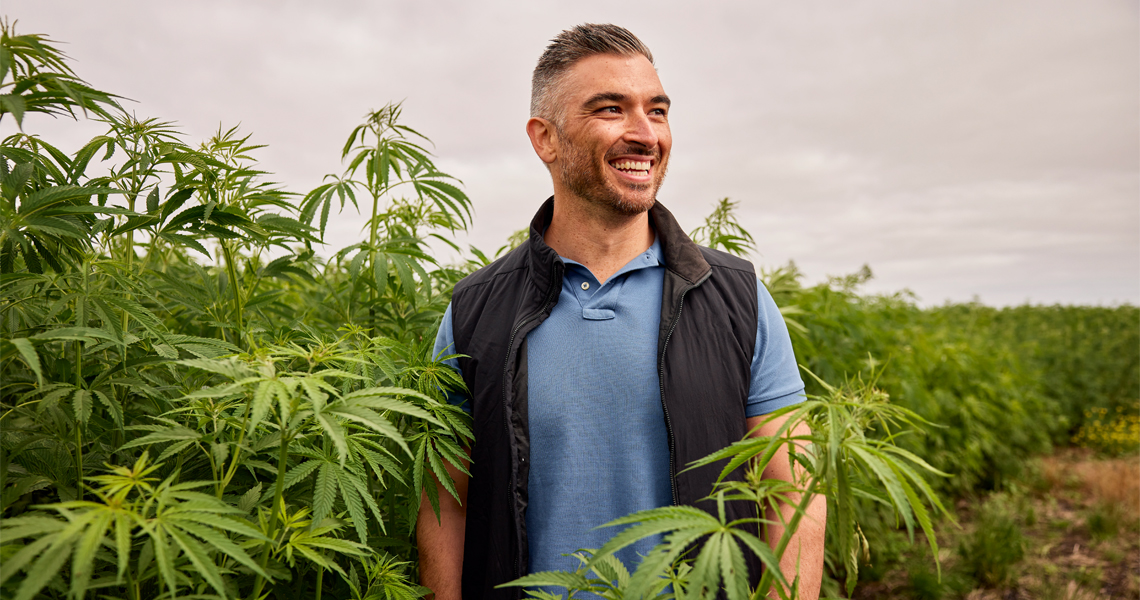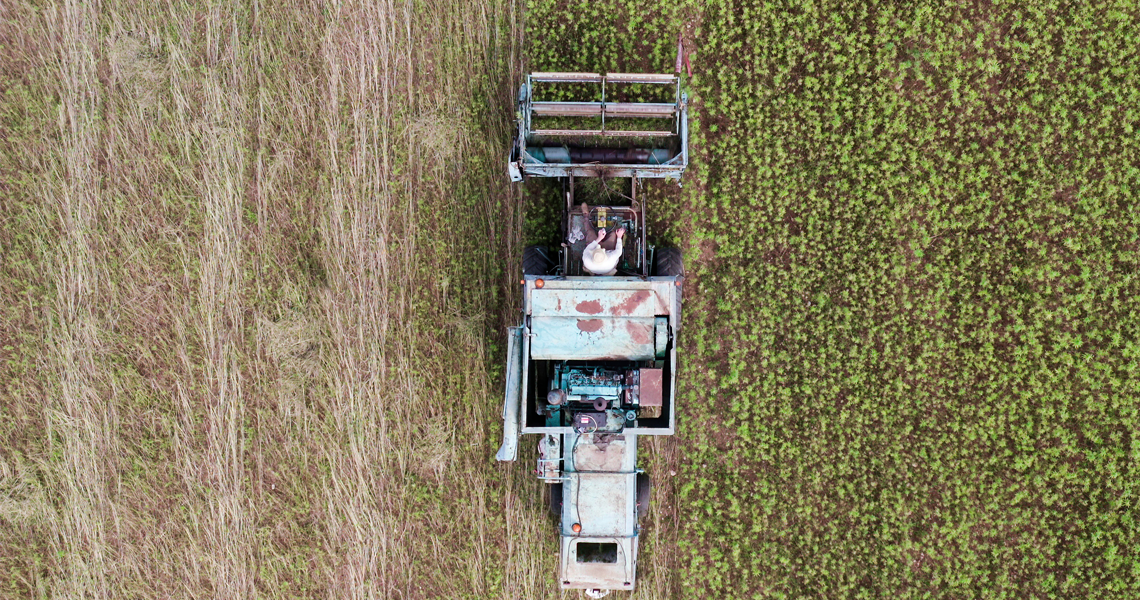Agave
Vircura is partnering with Adelaide University to foster and grow the Australian agave market.
Vircura is establishing an agave trial plantation and state-of-the-art tissue culture facility to significantly increase the number of agave plants available to Australian and international markets.
By developing the agave industry in Australia, Vircura will open and create market opportunities for growers, particularly for those with arid and semi-arid land, and companies seeking carbon neutral prospects.
Vircura is currently collaborating with the University of Adelaide for further R&D of agave in Australia.
Agave in Australia
Research into the agave industry in Australia provides a pathway to more efficient biofuel and biogas production. Agave can be grown on underutilised, low-rainfall land, producing high yielding crops with minimal inputs. This provides a key advantage over alternative sources of biomass.
Harvested agave can be used as a feedstock in bioethanol or hydrogen production, or alternatively distilled to produce agave spirit, for which there is a growing local and international market. There is further potential for agave to be used to produce animal feed, hand sanitiser, inulin products as well as carbon sequestration offsets.
Plant information
Agave is a low maintenance, perennial, drought resistant, dryland crop producing up to 800 t/ha biomass with high sugar and fibre. Agave’s central stem and spiky leaves are rich in fibre and fermentable sugars. It’s specialised water management (CAM) enables it to thrive in marginal land, making it an ideal crop for Australian conditions.
Given the multi-year growth cycle, agaves can withstand and compensate for wide annual climate variations, allowing for reduced risk in comparison to annual crops especially as year-round harvesting can be undertaken.
Agaves are currently used commercially for spirit, fibre, livestock feed and providing erosion and fire control. The fibre is comparable to other agricultural residue fibres (e.g., straw, bagasse, hemp), which can be digested into biogas. Agave fibre has a greater tensile strength than most other commercially available fires, hence its long-term use in products such as baling twine (aka Sisal).
The high sugar content also makes agave a suitable raw material for renewable fuels e.g., ethanol. This high yielding biomass energy plant makes for a low maintenance crop which can harvested year-round.
Agave thrives in most agricultural regions including semi-arid, delivering yields at least equal to, often higher, than comparative crops. It out survives other crops due to high tolerance of hot, dry and drought conditions, is classified as non-invasive and has no known Australian pests and diseases. There are numerous species of agave suitable for commercial plantations to produce large quantities of biomass in high temperatures and low water environments.
Agave for bioenergy/biofuels
In 2020 the Journal for Cleaner Production published a “promising feedstock for biofuels in the water-energy-food-environment” which reported the first comprehensive life cycle assessment and economic analysis on ethanol produced from agave in the Ayr field plantation. It claims, “the results show that agave is promising for biofuel production in the water-energy-food-environment context” and “Global Warming impact of agave is also 62% and 30% lower than that of corn and sugarcane respectively”.
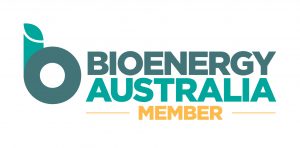 Bioenergy has a vital role to play as part of Australia’s clean energy future and Vircura is exploring and commercialising agave for sustainable energy promoting the plant as a future biomass crop, suited to the Australian climate and availability of marginal and semi-arid land. Vircura has established agave trial plantations to demonstrate versatility of the plant and is building a state-of-the-art tissue culture facility to boost plant stocks. This will create market opportunities for growers and support companies seeking renewable, carbon neutral biomass feedstocks.
Bioenergy has a vital role to play as part of Australia’s clean energy future and Vircura is exploring and commercialising agave for sustainable energy promoting the plant as a future biomass crop, suited to the Australian climate and availability of marginal and semi-arid land. Vircura has established agave trial plantations to demonstrate versatility of the plant and is building a state-of-the-art tissue culture facility to boost plant stocks. This will create market opportunities for growers and support companies seeking renewable, carbon neutral biomass feedstocks.

